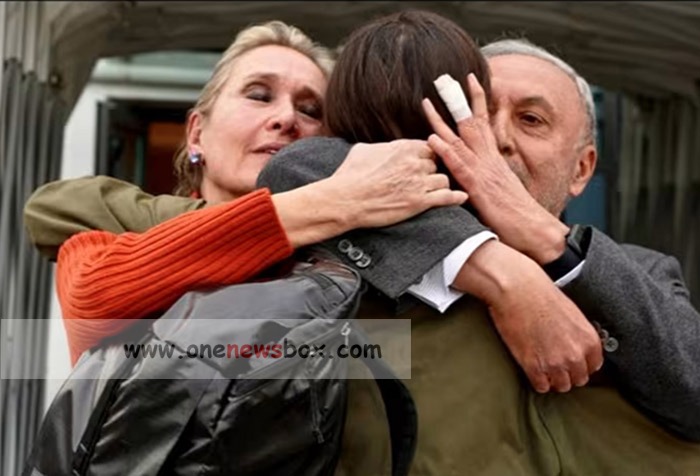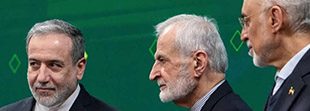A Fragile Victory for Press Freedom
Sala’s release has been hailed as a victory for press freedom and a testament to the power of international advocacy. However, her ordeal serves as a stark reminder of the peril journalists face in authoritarian states. Iran, ranked among the world’s worst offenders in press freedom indices, has a long history of detaining reporters, activists, and dual nationals on ambiguous charges.
In Sala’s case, her crime appeared to be documenting a reality that conflicted with the Iranian regime’s narrative. By photographing women in public spaces, some unveiled, and sharing their stories, Sala shed light on a society in quiet rebellion. Her work resonated with audiences abroad but likely struck a nerve with Iranian authorities seeking to suppress dissent.
Her arrest also underscores the broader challenges facing foreign correspondents in Iran. Over the past decade, Tehran has tightened restrictions on visas, surveilled journalists, and imposed strict guidelines on what can be reported. For those who cross the line—intentionally or otherwise—the consequences can be severe.
The Intersection of Journalism and Geopolitics
The juxtaposition of Sala’s detention and Abedini’s arrest raises questions about the intersection of journalism and geopolitics. While there is no concrete evidence to suggest that Sala was detained in direct retaliation for Abedini’s apprehension, the timing is hard to ignore. Iran has previously been accused of engaging in “hostage diplomacy,” detaining foreign nationals to gain leverage in negotiations with Western countries.
This strategy, while effective in the short term, has drawn widespread criticism. Human rights organizations argue that using individuals as pawns in geopolitical disputes undermines fundamental principles of justice and diplomacy. Moreover, it places undue strain on bilateral relationships, making it harder to address other pressing issues such as nuclear negotiations, regional security, and trade.

